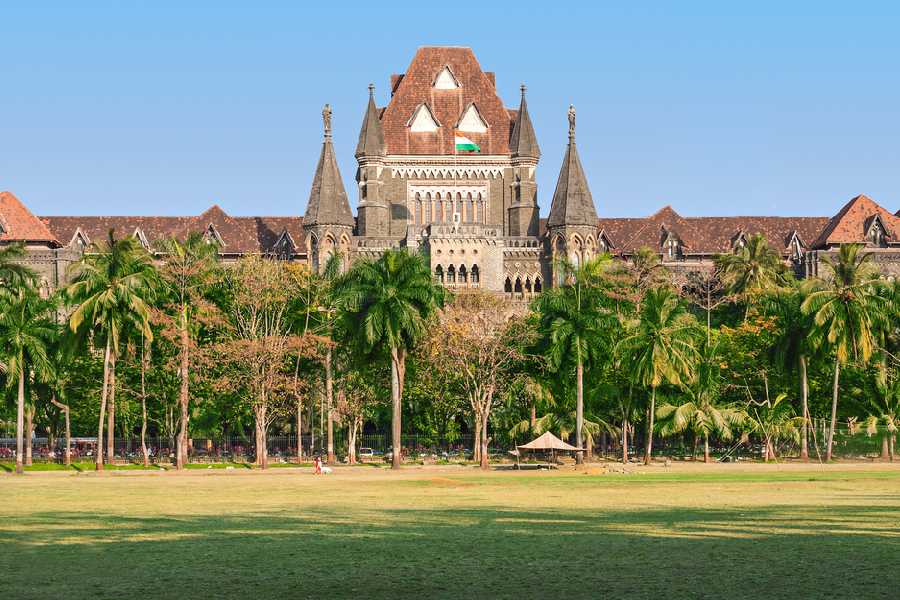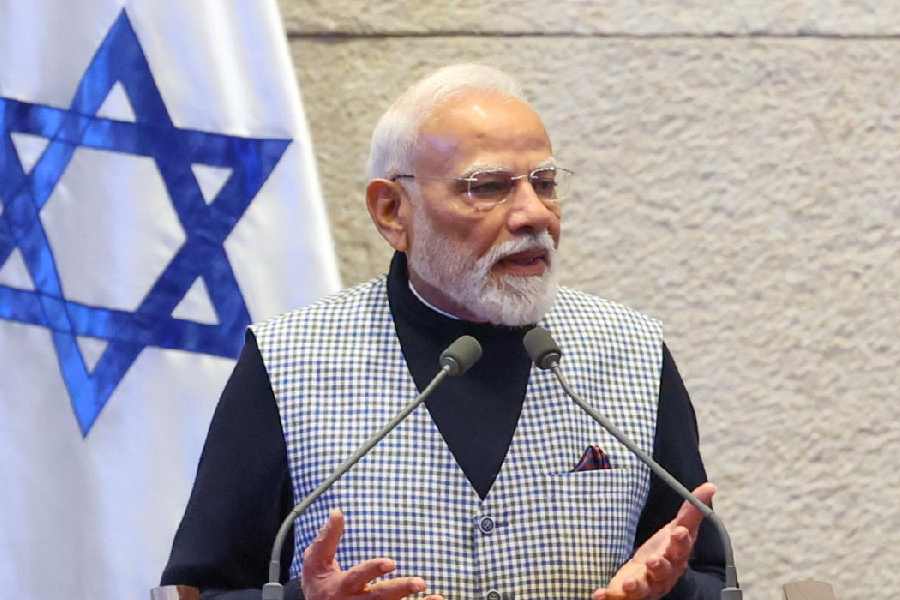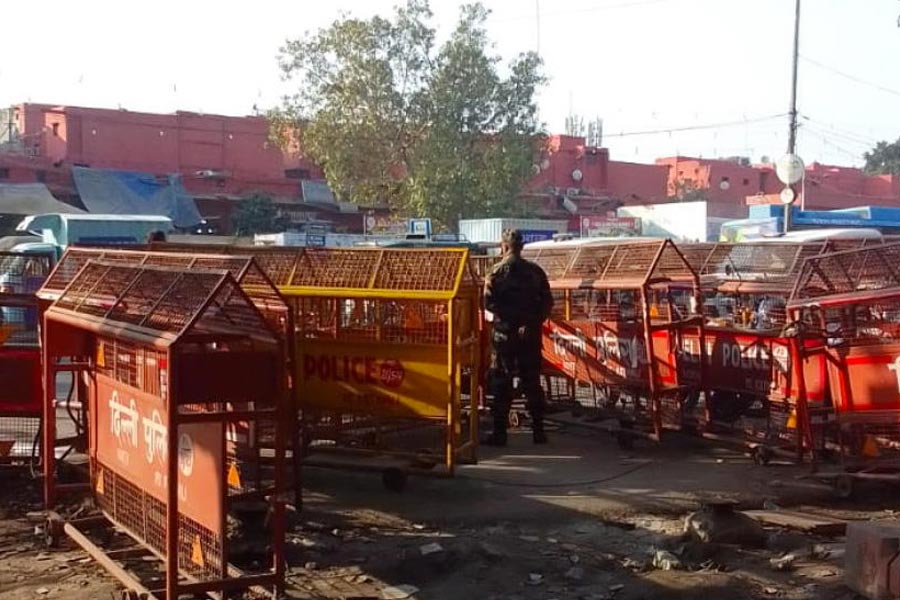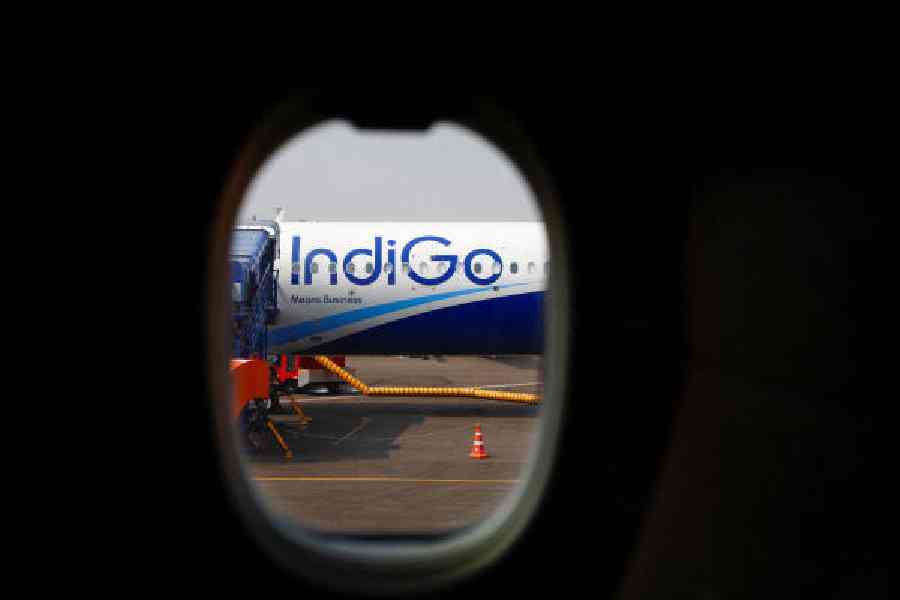The Bombay High Court on Monday acquitted all 12 accused in the Mumbai serial blasts of July 2006 that left 189 dead and over 800 injured.
In 2015, a lower court had sentenced five of the accused – Kamal Ansari, Mohammad Faisal Ataur Rahman Shaikh, Ehtesham Qutubuddin Siddiqui, Naved Hussain Khan and Asif Khan – were awarded the death penalty. Seven others – Tanveer Ahmed Mohammad Ibrahim Ansari, Mohammad Majid Shafi, Shaikh Mohammed Ali Alam Shaikh, Mohammad Sajid Margub Ansari, Muzammil Ataur Rahman Shaikh, Suhail Mehmood Shaikh and Zameer Ahmed Latitur RehmanSheikh – were sentenced to life.
“The prosecution has utterly failed to prove the case against the accused. It is hard to believe that the accused committed the crime. Hence, their conviction is quashed and set aside,” said a division bench of the Bombay High Court, comprising Justice Anil Kilor and Justice Shyam Chandok.
The bench noted the prosecution’s failure to prove the charges had led to the acquittal on “benefit of doubt.” Questioning the veracity of the witness statements, the court observed that 100 days since the blasts took place it is not possible for any person to remember a suspect.
The court said the explosives, arms and maps recovered during the investigation appeared to be unrelated to the blasts.
The bench directed the accused to be released from jail if they were not wanted in any other case.
11 minutes of tragedy
Nineteen years ago on the evening of July 11, seven bombs had exploded in Mumbai locals within 11 minutes, where rigged pressure cookers were used to magnify the losses. The first explosion took place at 6.24 pm and the last at 6.35pm. All the bombs were placed on the first-class compartments of trains departing from Churchgate station and exploded near Matunga Road, Mahim Junction, Bandra, Khar Road, Jogeshwari, Bhayandar and Borivali, mostly on the western line.
Dr S Muralidhar, the former Chief Justice of the Orissa High Court and now a senior counsel had appeared on behalf of two of the accused, Bangalore-based Muzammil Shaikh and Worli-resident Zameer Shaikh. Both had challenged the life terms granted to them.
Another accused Wahid Shaikh was acquitted by the trial court.
In his argument Muralidhar referred to the lapses in the probe and the trial and the lapses in the part of the investigators in obtaining confessional statements of the accused.
“In such cases where there is a public outcry, the approach by police is always to first assume guilt and then go from there,” Muralidhar had said.











